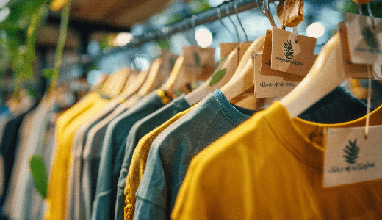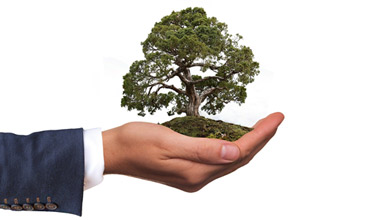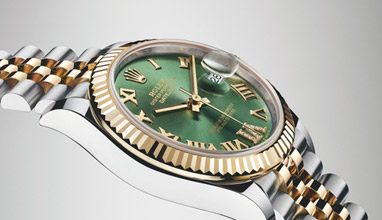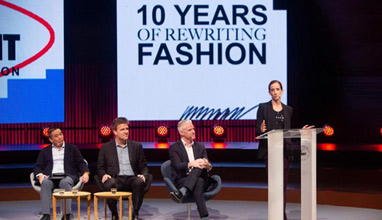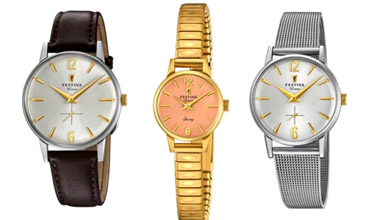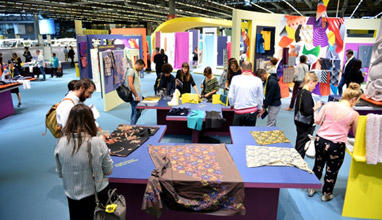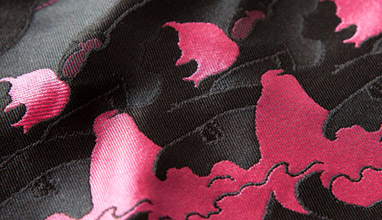Glossary of Sustainable fashion
'Sustainable fashion is part of the larger trend of Sustainable Design where a product is created and produced with consideration to the environmental and social impact it may have throughout its total life span, including its 'carbon footprint' (wikipedia.org)
So, one garment is sustainable, if its manufacturing process protects the environment and respects people.
But which are the different aspects of Sustainability in Fashion?
Let's see:

CO2 Management - Adoption of technologies and measures specifically aimed at reducing or compensating CO2 emission in production process, like filters.

Waste Management - Adoption of waste saving technologies and measures, like reuse and recycle.

Water Management - Adoption of water saving technologies and measures in the production cycle and waste water improvement.

Energy Management - Use of renewable energy (solar, wind, geothermal, living plants, hydroelectric) and of energy saving technologies and measures.

Accountability - Adoption of tools and documents for sustainability steering, management, measurement and communication.

Stakeholder Engagement - Social dialogue, management for stakeholders, responsible supply chain management, human resources engagement, corporate volunteering.

Charity - Core business related corporate activities, in support of local communities (sponsorship, internship, joint ventures).

Sustainable Procurement - Adoption of technologies and measures of sustainable procurement not directly related to the production processes, like using recycled paper and paper use reduction.

Recycled/2nd life - Fabrics and accessories made from recycled - pre or post consumer - or second life fibres or materials.

Craftsmanship - Fabrics and accessories developed with traditional artisanal techniques that preserve local know-how and heritage and their transmission across generations.

Fair and Ethical Practices - Use, in the fabrics and accessories production process, of Social Cooperatives, adoption of Fair Trade pratices, social solidarity activities, etc.

Organic - Certified organic fabrics and accessories or produced with organic certified raw materials.

Km0 - Fabrics and accessories produced within a supply chain where the manufacturing phases are carried out locally in order to reduce long distance transportation emissions and pollution.

Traceability - Fabrics and accessories with a traceable supply chain and with a traceability label associated to the product.
 Sustainable Production, Dyeing and Finishing - Fabrics and accessories processed with innovative energy and water saving techniques, with low emissions, harmful chemicals free, or with traditional techniques that improve the overall environmental footprint, like natural dyes.
Sustainable Production, Dyeing and Finishing - Fabrics and accessories processed with innovative energy and water saving techniques, with low emissions, harmful chemicals free, or with traditional techniques that improve the overall environmental footprint, like natural dyes.

Innovative Biopolymers - Fabrics and accessories made with latest generation biopolymers, biodegradable and from renewable sources.

Animal Welfare and Biodiversity - Use of raw materials collected, produced and transformed with no cruel practices against animals and with methods and criteria that protect and preserve biological diversity.

Sustainable Raw Materials - Fabrics and accessories made from materials with specific sustainable characteristics: certified wood; linen, cotton and other fibers from sustainable cultivations; natural colors fibers, etc.
Source:
Sustainability-lab at Milano Unica
Hits: 131049 | Leave a comment




